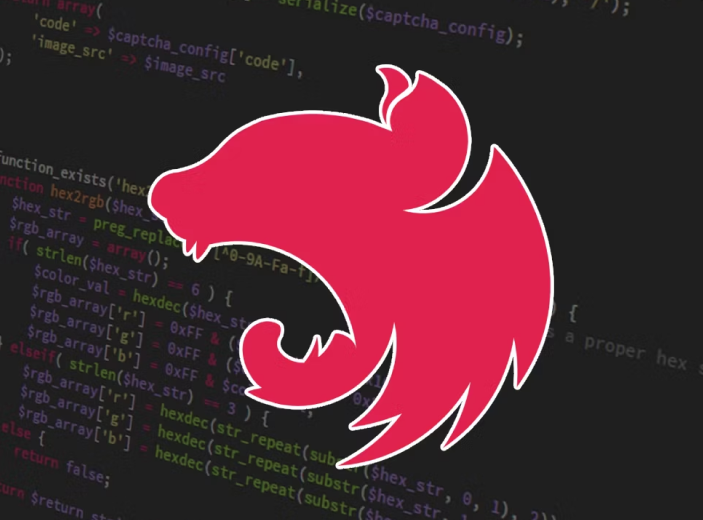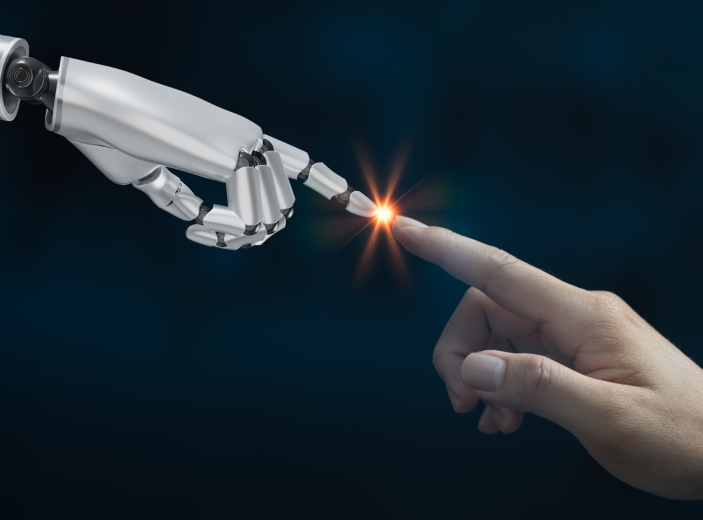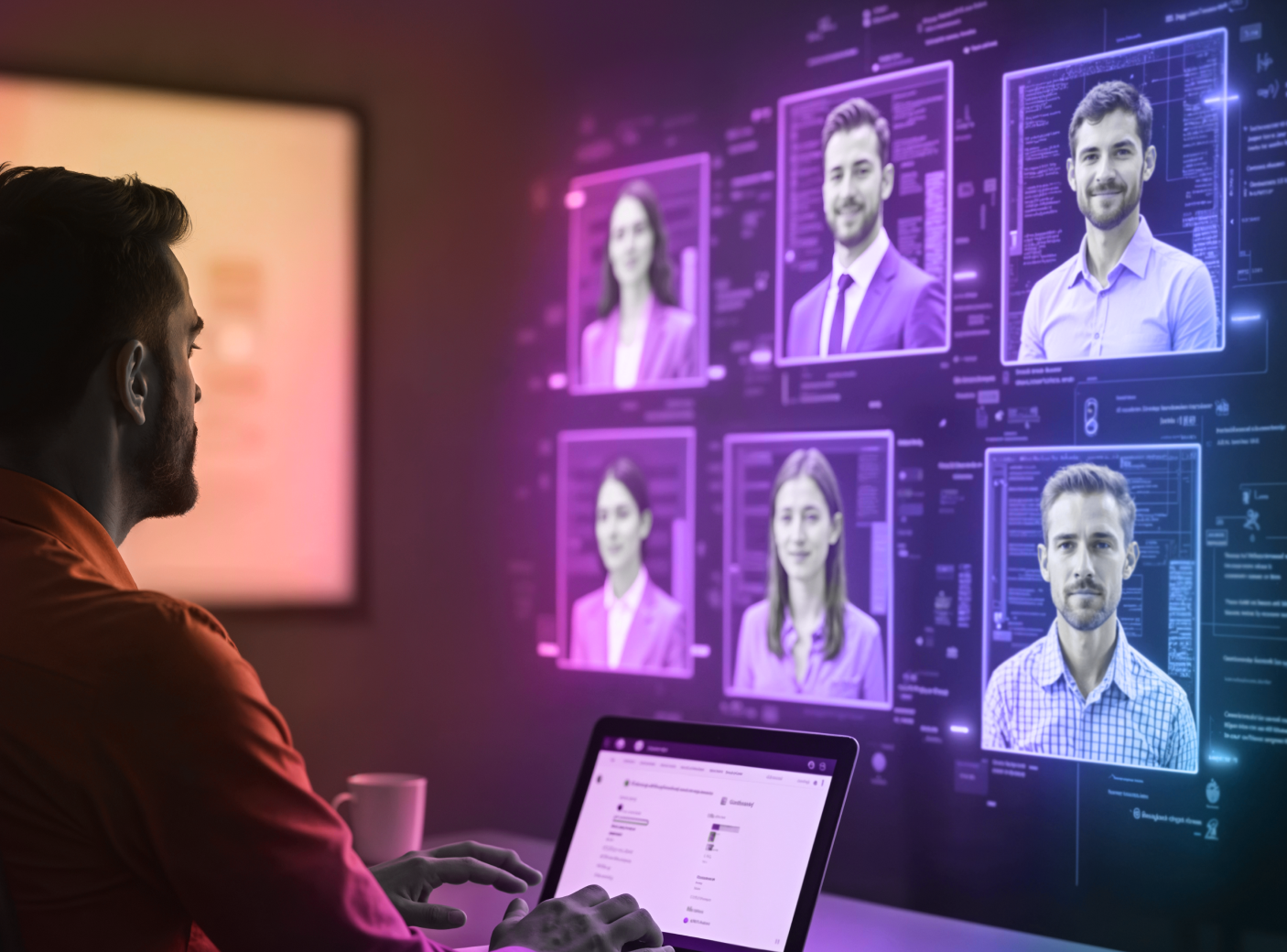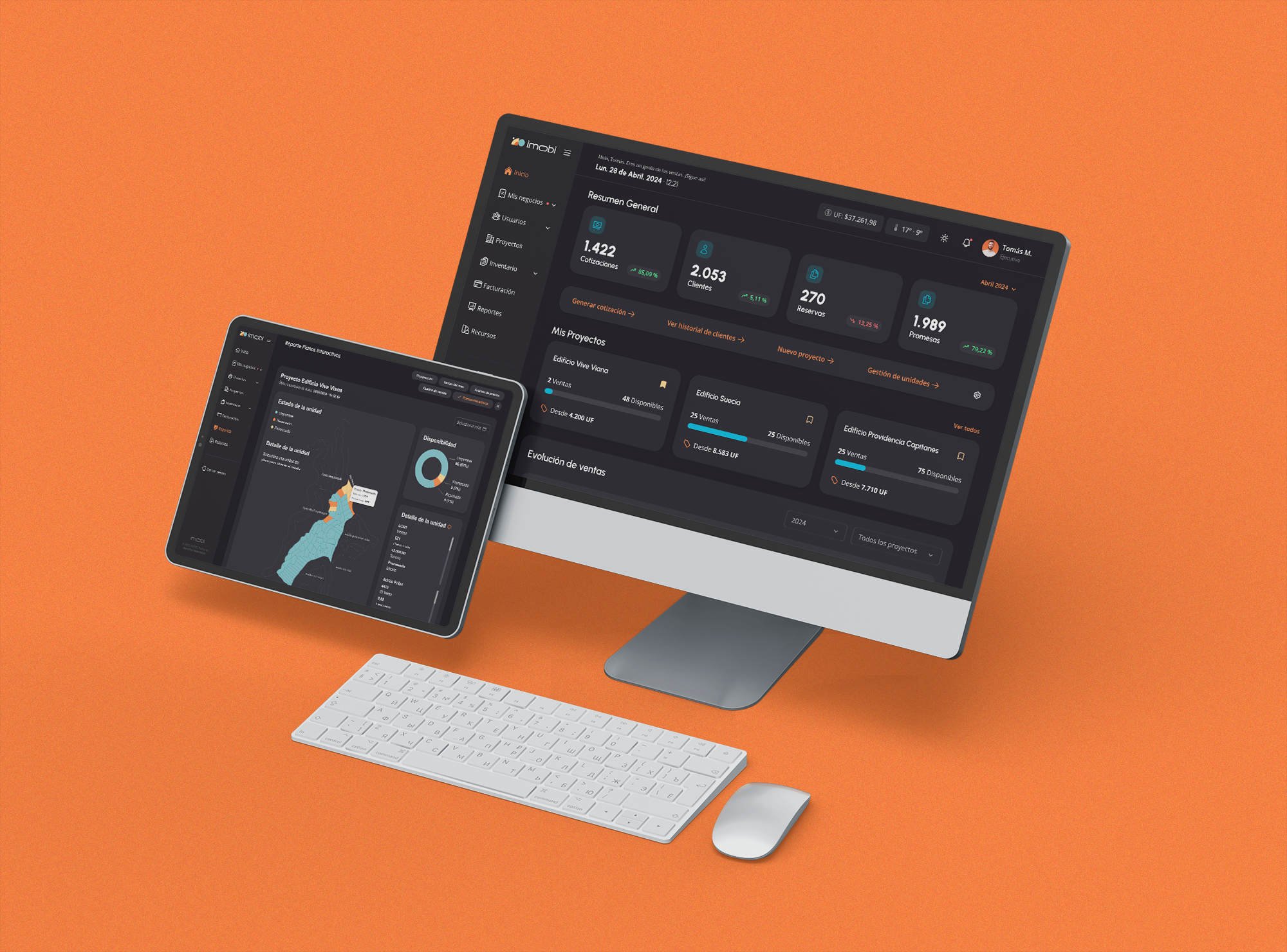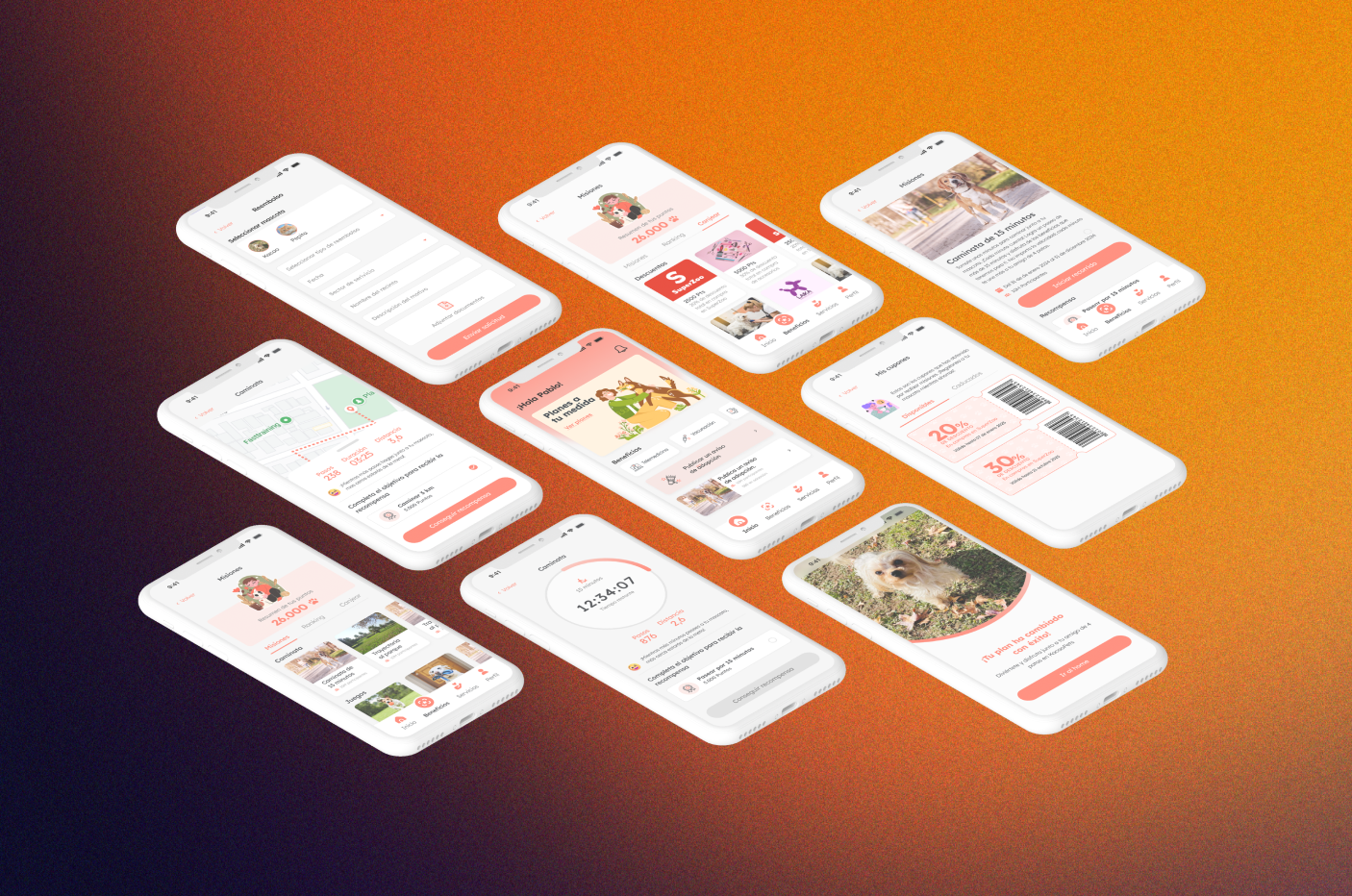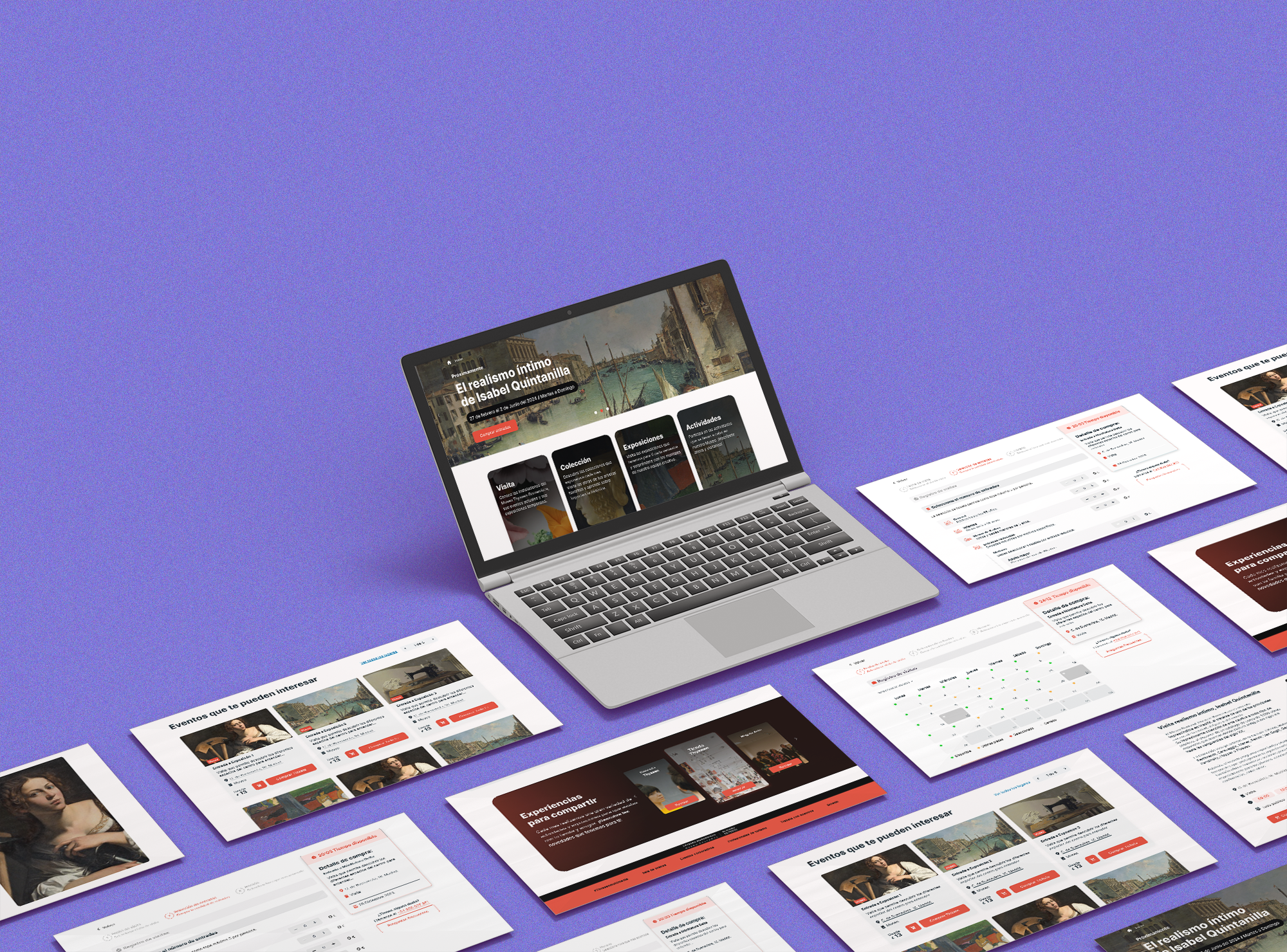Share this article
The social media giant announced agreements with Awkwafina, John Cena, and other celebrities, allowing a likeness of their voices to be used with the company’s artificial intelligence assistant.
Meta Platforms is spending heavily on the star power of celebrities to persuade users to adopt new artificial intelligence (AI) tools.
The tech company announced agreements with actors Awkwafina, John Cena, Judi Dench, Kristen Bell, and Keegan-Michael Key, allowing them to use their voices in a new AI assistant. According to sources familiar with the negotiations, Meta is paying the stars millions of dollars to use their likeness.
The new chatbots, which were unveiled at Meta’s annual creators and hardware conference, come after months of negotiations between Facebook’s parent company, the celebrities, and their representatives. These discussions raised new questions about privacy, compensation, and the extent to which their likenesses would be used. Many celebrities want to take advantage of opportunities linked to the advancement of generative AI while maintaining control over how their voices and appearances are used, as well as the compensation they receive.

Meta is betting on celebrities to drive adoption of its artificial intelligence.
Meta and other tech companies are spending billions of dollars on the launch of new AI products, hoping to increase user engagement and make their social media platforms and other tools more appealing. Bloomberg previously reported that Meta was offering celebrities millions of dollars for their voices for AI projects.
At the conference, called Meta Connect, the company also unveiled a prototype of its first augmented reality glasses, a new Quest mixed-reality headset set to be released in October, and new features for its Ray-Ban smart glasses.
The tech industry has been intensely focused on developing these glasses for nearly a decade, with the goal of overlaying images or text onto the real world. Some enthusiasts hope that the glasses will eventually replace smartphones. The prototype shown by Meta’s CEO, Mark Zuckerberg, is the first the company has shared and was highly anticipated.
The augmented reality glasses, called Orion, look like a pair of black Ray-Bans with thicker frames and lenses. Zuckerberg noted during his keynote that the glasses are still a work in progress and will primarily be used internally for now.
“They are a glimpse of a future that I believe will be quite exciting,” he said. The new Quest 3S mixed-reality headset—a blend of Meta’s Quest 2 and 3—will be sold for $299, one of the lowest prices for these devices. Apple’s Vision Pro mixed-reality headset is priced at $3,499.
Among the new features Meta launched for its Ray-Ban smart glasses are the ability to remember images and information, as well as direct translation between languages. They have become a surprising success for the company, as interest in the metaverse remains relatively low.
Zuckerberg also mentioned that Meta’s AI assistant—the one the company launched at last year’s conference—had reached 500 million monthly active users, up from 400 million about a month ago. The Meta CEO did not share an update on weekly active users. In August, Meta reported having 185 million weekly active users, slightly less than the 200 million weekly users ChatGPT revealed. Zuckerberg has stated that Meta’s goal is for its AI to become the most used assistant by the end of the year, and he hopes celebrities will help the company get closer to that target. David Gene Oh, a member of the Venture Reality Fund who previously worked in virtual reality at Meta, said that using celebrities to try to engage users may help raise awareness about the company’s AI products but won’t drastically change usage overnight.
“Those are the things I think are small slots in the belt,” he said. “But will it drive widespread adoption tomorrow? No, it doesn’t happen that fast.”
Some stars sought to have control over what could be said with their voice and wanted to ensure they wouldn’t be held responsible for any misuse of their image. Advances in artificial intelligence were among the concerns of actors during the Hollywood labor strikes last year, and the Screen Actors Guild-American Federation of Television and Radio Artists secured some protections in its new contract. This isn’t the first time Meta has tried to leverage familiar names to get people interested in using its new technology, and some past efforts have failed. Last year, at Meta Connect, Zuckerberg announced that the company had partnered with celebrities like Snoop Dogg and Paris Hilton to launch AI chatbots with different personalities. The chatbots didn’t gain much popularity, and the company discontinued them mid-year.
Other media companies are also experimenting with generative AI for a range of social media and entertainment offerings. Before the Paris Olympics, NBC made an agreement with sports commentator Al Michaels to use an AI-generated version of his voice for daily summaries.
Some new tools have caused controversy. OpenAI faced a major issue earlier this year after launching an AI assistant with a voice that some people, including actress Scarlett Johansson herself, thought sounded like hers. OpenAI claimed that its AI assistant, named Sky, was never intended to resemble Johansson. The actress hired a legal team and issued a strong statement. OpenAI suspended the use of the voice. Article translated from English by “El Mercurio.”
CONCERN
Advancements in artificial intelligence were among the concerns of actors during last year’s Hollywood labor strikes.

